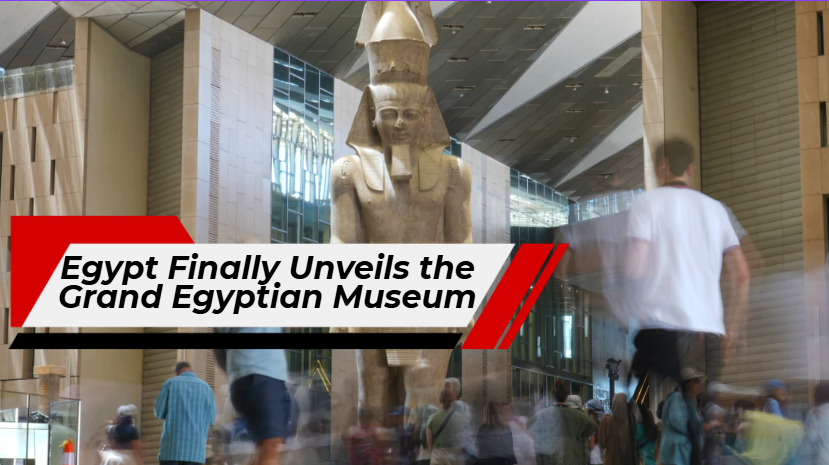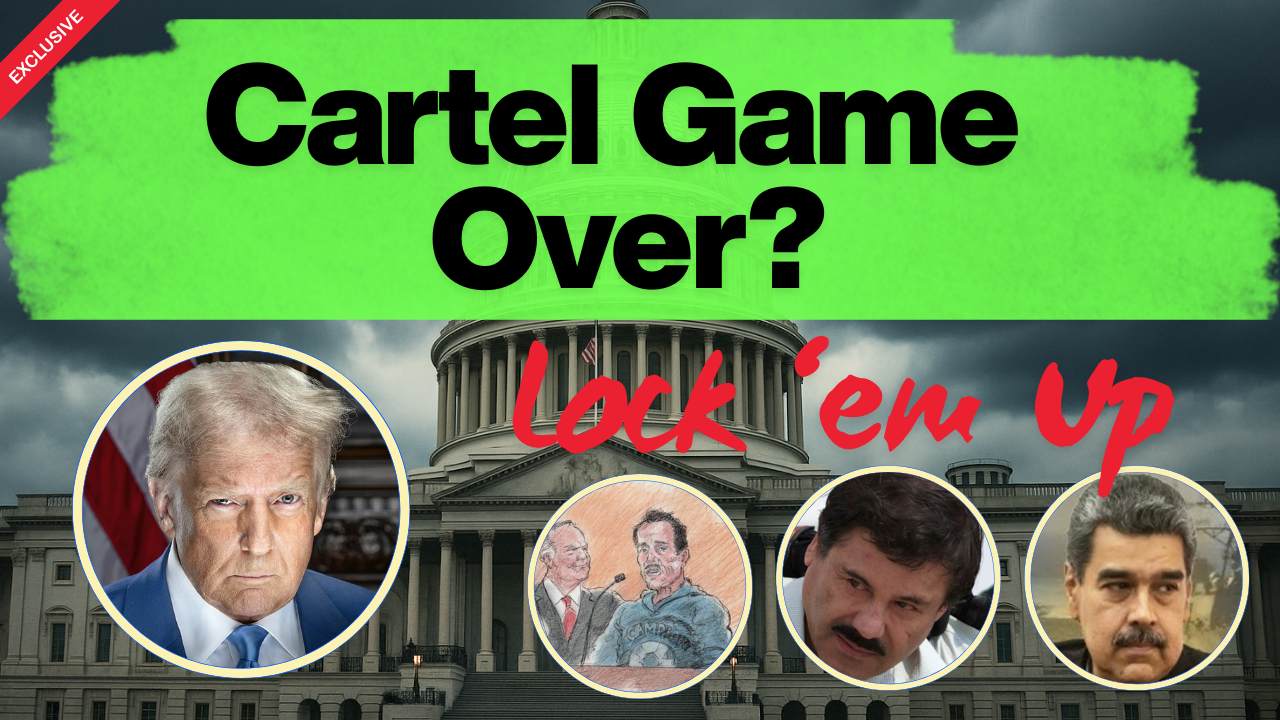Edmundo González Lands in Miami: Venezuela’s Shadow President and the Exile State
October 31, 2025
When the silver-haired figure of Edmundo González stepped off a commercial flight from Madrid at Miami International Airport this week, the applause that erupted in the arrivals hall was more than mere welcome. It was a declaration. For thousands of Venezuelans living in exile across South Florida, the 75-year-old former diplomat represents not only the man who should be sitting in Caracas’s presidential palace—but also the fading possibility that their country might still return to democratic rule.
The Man Who Won, Then Vanished
González’s improbable rise began quietly, and for a time, invisibly. As the opposition’s compromise candidate in Venezuela’s July 28 presidential election, he was regarded less as a charismatic savior than as a symbol of unity for a fractured movement. But as independent exit polls began to suggest a landslide victory against President Nicolás Maduro, it quickly became clear that symbolism alone could be threatening.
Within hours, the National Electoral Council—dominated by Maduro loyalists—announced a victory for the incumbent. Reports of ballot tampering, intimidation, and falsified tallies poured in. González disappeared from public view, resurfacing weeks later in Spain, where he was granted asylum in September. The image of the mild-mannered diplomat turned reluctant insurgent has since become a rallying icon for a movement that has survived two decades of repression, exile, and disappointment.
Miami, Capital of the Dispossessed
Miami has long been a city of political exiles—from Cuba’s post-revolution diaspora to Nicaraguans fleeing the Sandinistas. But few communities have grown as rapidly, or as politically potent, as Venezuela’s. An estimated 200,000 Venezuelans now live in South Florida, many of them professionals who left during the collapse of their homeland’s oil-fueled prosperity. For them, González’s arrival on American soil was more than symbolic—it was historical.
Supporters lined the airport concourse, waving yellow, blue, and red flags, singing the national anthem, and calling him “presidente legítimo.” In a brief statement, González thanked the crowd and pledged to “continue the struggle until Venezuela is free.” His next destination: Washington, D.C., where he is expected to testify before the U.S. House Foreign Affairs Committee on the evidence of electoral fraud.
Washington’s Calculated Recognition
The Biden administration wasted little time in signaling its stance. In an official statement, Secretary of State Antony Blinken recognized González as “Venezuela’s legitimate president-elect,” urging a “peaceful democratic transition.” It was a diplomatic move designed both to pressure Caracas and to reassert American engagement in Latin America after years of strategic neglect.
For Washington, the decision also fits within a broader pattern. Venezuela remains a geopolitical outpost for America’s adversaries: Russia, Cuba, and Iran maintain deep intelligence and energy links with the Maduro regime. Recognizing González—however symbolic—offers the U.S. leverage without military entanglement, reinforcing its soft power through institutions rather than force.
Maduro’s Counterattack
Predictably, Caracas responded with fury. Venezuela’s attorney general issued an arrest warrant for González, accusing him of treason and “collusion with foreign powers.” State media branded him a “fugitive puppet of imperialism,” while Chavista officials dismissed Washington’s declaration as “null and void.” For a regime that has mastered the art of weaponizing sovereignty, González’s growing legitimacy abroad poses an existential threat.
Yet Maduro’s grip on power remains secure—for now. He controls the military, judiciary, and key revenue streams from illicit gold mining and oil sales to China. The opposition, though revitalized, lacks both the organizational discipline and territorial control to challenge him directly. In effect, Venezuela has entered a new phase of political duality: one president in Caracas, another in exile.
From Opposition to Government-in-Exile?
González’s testimony before Congress could have far-reaching implications. Lawmakers are weighing whether to formally recognize a government-in-exile based in Washington—a step that would allow access to frozen Venezuelan assets and international banking channels. Such a move would deepen Maduro’s isolation but could also risk entrenching the stalemate, making compromise less likely.
Analysts in both Miami and Brussels note the delicate balance Washington must strike. “Symbolic recognition is easy,” says one European diplomat familiar with the talks. “But sustaining a parallel government is expensive, politically and economically. If it fails, it risks discrediting the democratic cause entirely.”
The Echoes of an Earlier Struggle
For Miami’s Venezuelan diaspora, González’s return evokes the city’s long memory of exile politics. Cuban dissidents once used its cafés as informal embassies-in-exile. Nicaraguan and Haitian activists followed. Today, Venezuelans fill those same spaces, plotting strategies on WhatsApp, organizing fundraisers, and recording YouTube broadcasts that reach millions inside Venezuela despite censorship.
The symbolism is unmistakable: the heart of Venezuela’s democratic movement now beats in Florida. In this sense, Miami is not just a refuge but an extension of the national body politic—a city-state of the displaced, armed not with guns but with microphones, cameras, and broadband connections.
Maduro’s Tightrope and the Global Chessboard
As international pressure mounts, Maduro is playing a careful game. By accusing González of treason, he seeks to rally nationalist sentiment and divide the opposition further. Yet he also knows that his survival depends on avoiding total isolation. Russia and Iran can offer arms and intelligence, but they cannot replace the legitimacy—and the financial access—that comes with engagement with the West.
For now, Maduro appears to be testing Washington’s resolve. By tightening repression at home and cracking down on remaining independent media, he signals defiance. But by allowing back-channel talks with European envoys, he hints at pragmatism. The question is whether González’s presence in Miami will stiffen the West’s will—or simply remind it of its own limits.
Between Hope and Fatigue
For exiles, the emotional oscillation between optimism and despair is familiar. “Every few years we think change is coming,” said María Fernanda López, a teacher who left Caracas in 2017. “But each time, the regime gets stronger, and we get older.” Her sentiment reflects a broader fatigue within the diaspora: a recognition that symbols can inspire but cannot govern.
Still, for a moment—perhaps fleeting—González’s arrival rekindled hope. His handshake with supporters outside the terminal, the flash of flags under fluorescent lights, the chants echoing through a sterile arrivals hall: all of it felt like an act of reclamation. “Venezuela libre,” they shouted—“Free Venezuela.”
A Country’s Future, Suspended in Exile
Whether Edmundo González becomes a transitional leader, a historical footnote, or the founder of a government-in-exile remains uncertain. But his landing in Miami marks a shift in geography as much as politics. Power in Venezuela may still rest with Nicolás Maduro, but legitimacy has crossed the Atlantic.
In the long arc of Latin American politics, exiled leaders often outlive their dictators. The difference today lies in connectivity: every speech streamed, every testimony archived, every word amplified in real time. From a modest office in Doral or a hearing room on Capitol Hill, the future of Venezuela may be rewritten not in Caracas, but abroad.
For the exiles gathered under the palm trees outside Miami International Airport, that future feels closer than it has in years—fragile, uncertain, but visible on the horizon.
%20(4).png)




.png)

.png)

